The realm of parenting books is rich and varied, offering a wealth of knowledge for both new and seasoned parents. The best parenting books often share a common emphasis on empathy and understanding, providing valuable insights into child development, discipline, and effective communication. These books stress the importance of nurturing a strong parent-child bond, offering practical advice on raising confident and emotionally intelligent children. No one is ever really prepared for the emotional calisthenics that come with parenting. Although we try to influence them, no one knows the exact formula for raising a perfect child.
Many of these top parenting books draw from extensive research and professional expertise, making them reliable resources for navigating the challenges of parenthood. They address a wide range of topics, from infant care and sleep training to managing the teenage years, and are often written in a relatable and approachable manner. Ultimately, the best parenting books serve as indispensable guides, empowering parents to make informed decisions and create a loving, supportive environment for their children’s growth and well-being.
Plus, having all the information combined into one cohesive guide can be beneficial to new parents. That is especially true due to the fact that new parents Google more than 2,000 questions during their child’s first year, according to a new study. Instead of fumbling through the differing views of parents online, diving into one of these how-to books can definitely take some of the stress off of having a brand new baby.
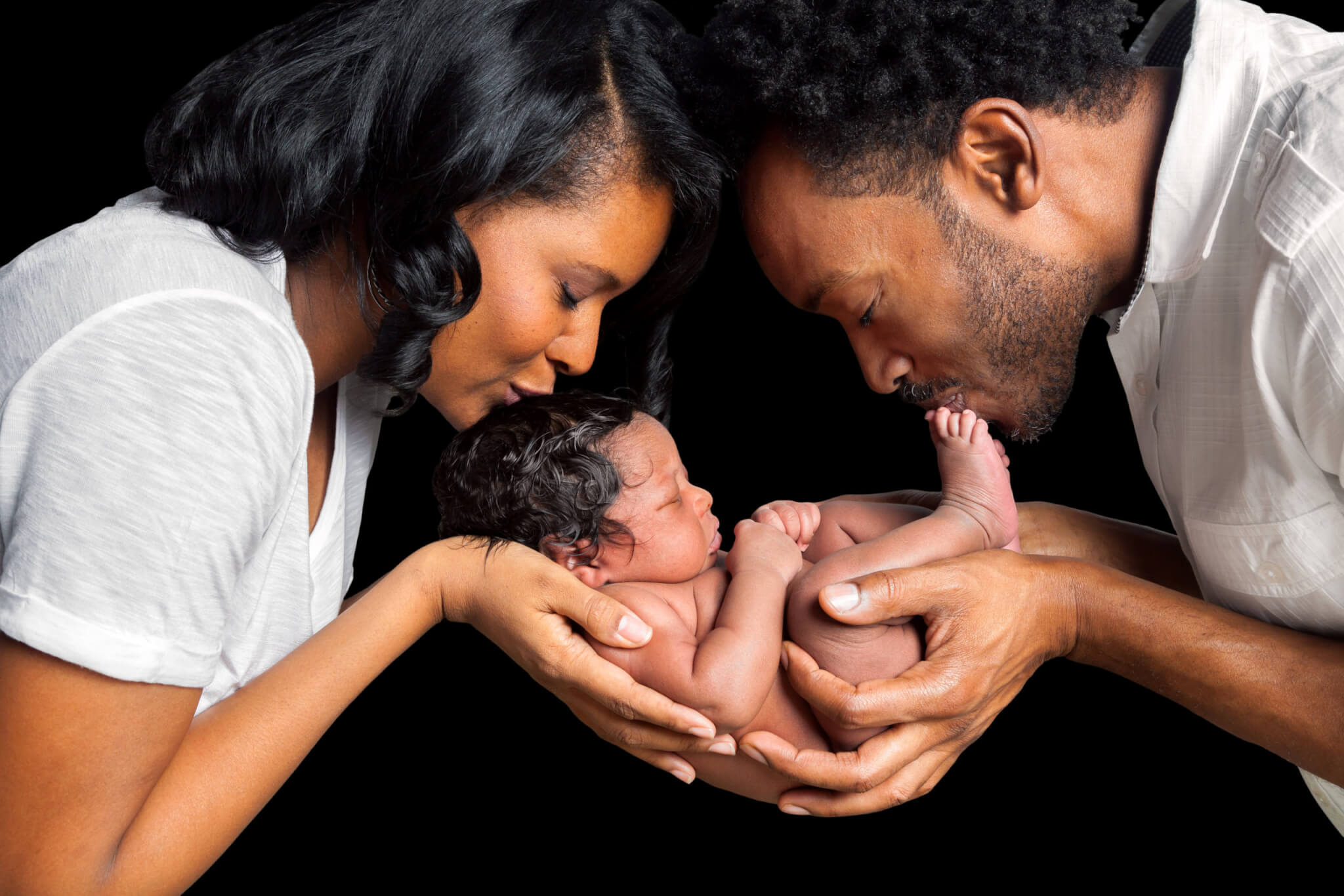
The List: Best Parenting Books, According to Experts
1. “The Whole-Brain Child” by Daniel J. Siegel, M.D., and Tina Payne Bryson, PH.D.
What better way to begin to try to understand your child than by considering their brain development. “The Whole Brain Child,” does just that, topping nearly every list of the best parenting books.
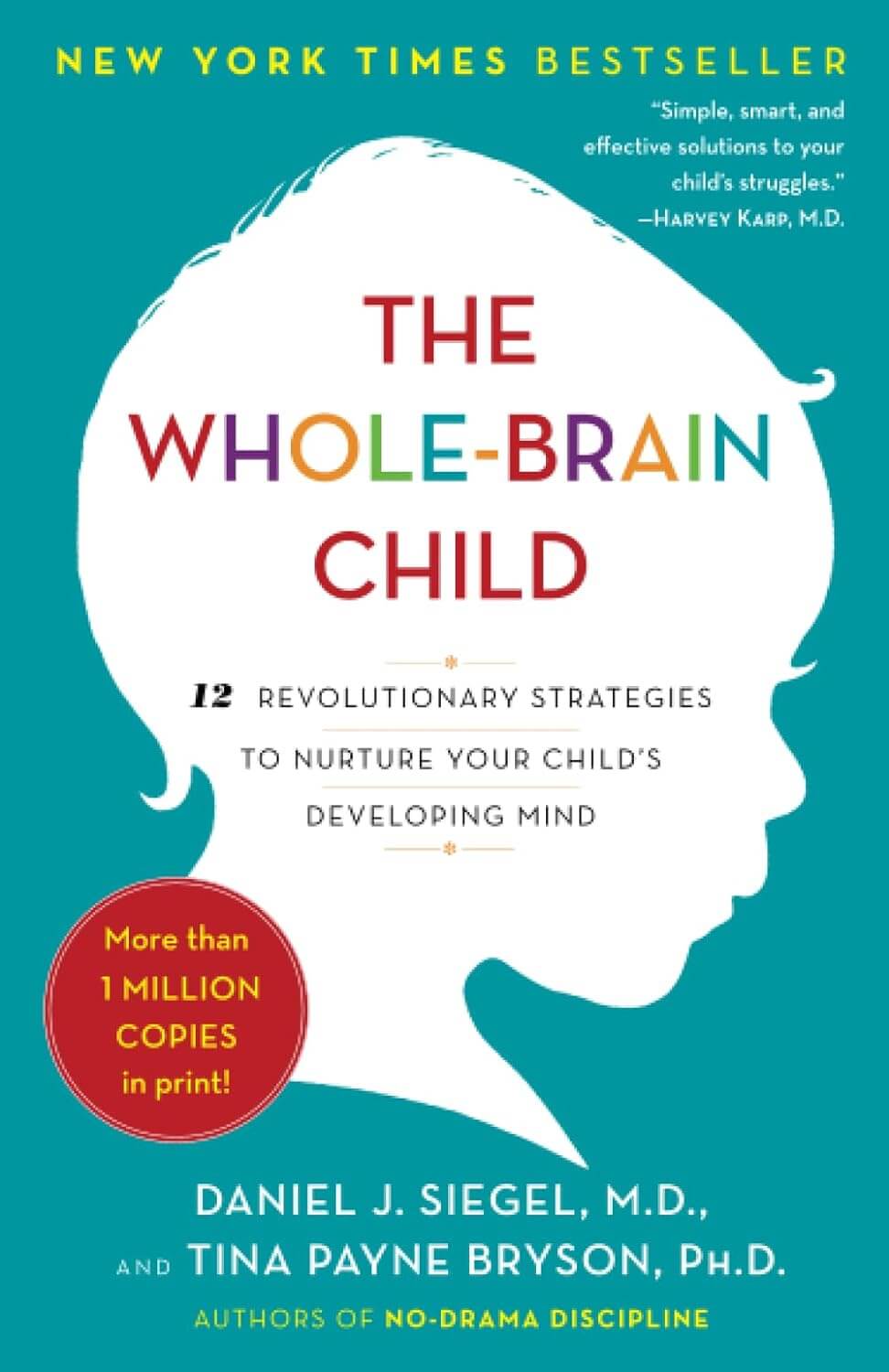
Messy Motherhood enjoys the science-based approach to parenting and other reviewers agree, claiming that “The Whole Brain Child” offers insight into how each part of the brain impacts certain behaviors. “For the skeptic parent who is unmoved by anecdote (FINE!),” writes The Pragmatic Parent. “This book features a similar approach of acceptance but makes use of basic neuroscience to back itself up — knowing what parts of the brain are activated mid-tantrum, for example, might change how we confront one.”
Pregnancy Magazine lauds this title as a must read for parents who truly want better relationships with their children. “It teaches parents so much about kids’ brain development, emotions and emotional regulation, and ways adults can make sense of child behavior. It’s on our list of foundational and best parenting books for raising good humans. Please don’t miss it.”
2. “What to Expect When You’re Expecting” by Heidi Murkoff
In 1984 Heidi Murkoff delighted expectant parents with her pregnancy book, “What to Expect When You’re Expecting.” It became an instant classic and perhaps always will be. Reading & Thinking shares that Murkoff’s book is “a very practical reference book, very suitable for expectant fathers or expectant mothers to learn. Everything in detail, almost all the pregnancy questions you think of can be found here, which can be regarded as a dictionary.”
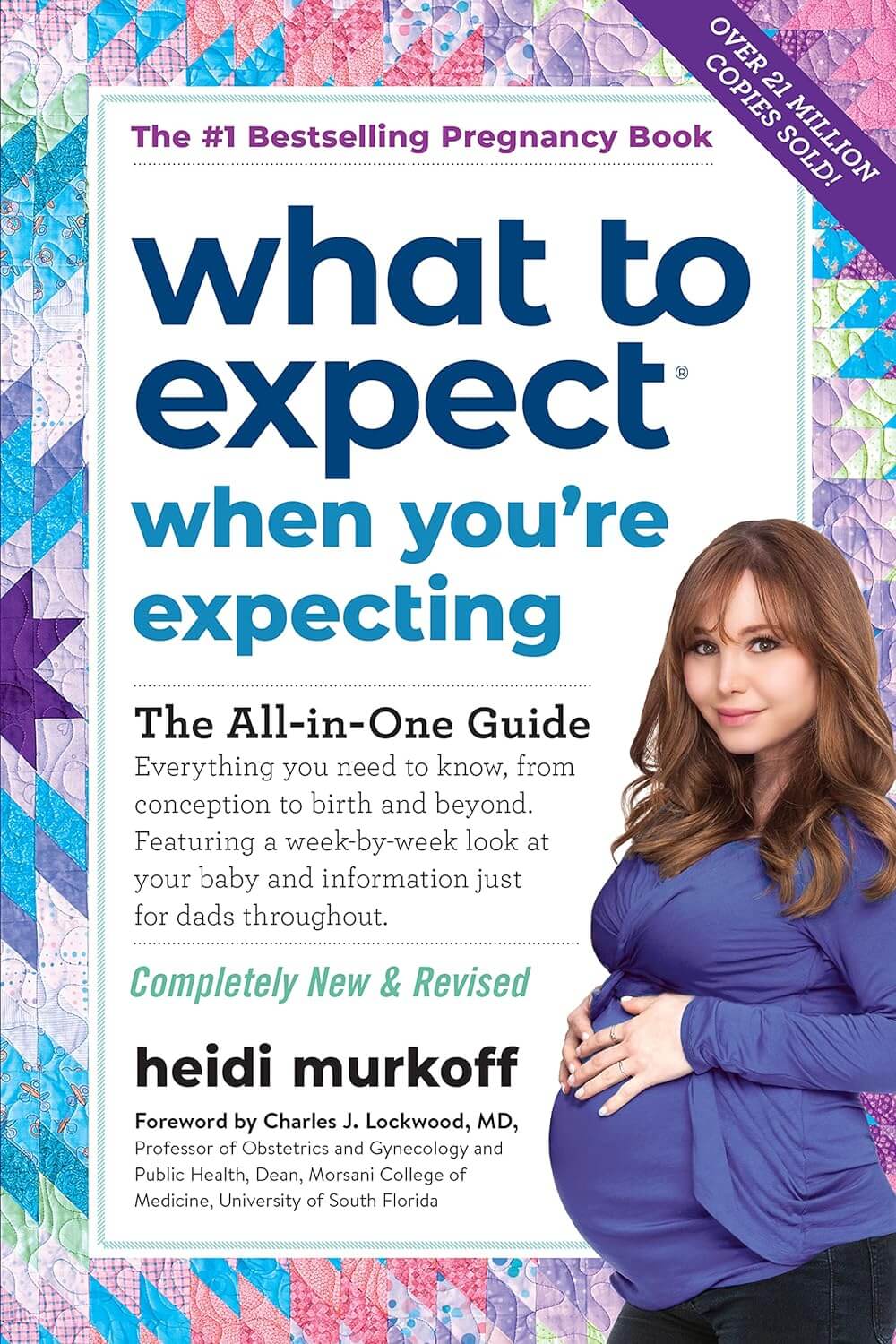
The Every Mom recommends “What to Expect When You’re Expecting” for a very simple reason: “This is a classic pregnancy book that stands the test of time for a reason. It’s practical, to the point, and an easy read during the 40 weeks of pregnancy.”
Sometimes viewed as an encyclopedia or even a Bible, this book is an expecting parent’s tangible search engine, according to a reviewer at Life Hack. “This book contains relevant information on everything and includes answers to bundles of questions, detailed week-by-week fetal development in each of the monthly chapters, and sections on pre-conception and on carrying multiples.”
3. “How To Talk So Kids Will Listen and Listen So Kids Will Talk” by Adele Faber and Elaine Mazlish
Who didn’t flinch a little while watching the 1996 film “Matilda” and that mean old, ugly Principal Trunchbull told Matilda, “I’m right and you’re wrong, I’m big and you’re small, and there’s nothing you can do about it.” I felt just as powerless watching that scene as many children do when confronted by an adult who uses size as a point of authority.
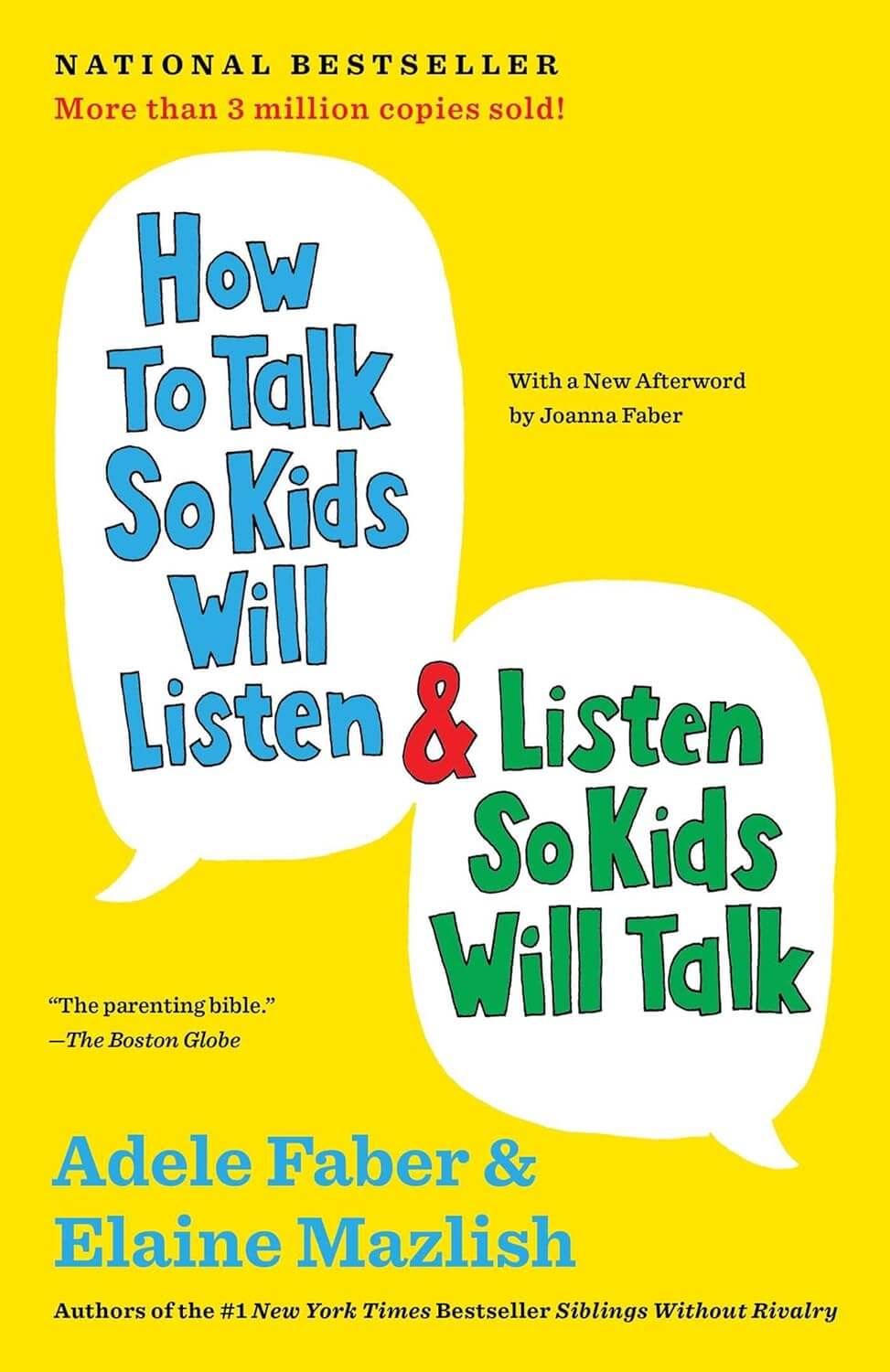
4. “The Gift of Failure” by Jessica Lahey
We all want to win at life, especially in a world where the average person will go to great lengths to be noticed and go viral so that others can admire them. Even still, a parenting book called “The Gift of Failure” by journalist Jessica Lahey assures parents that it would be best to allow children to learn to fail sometimes. A reviewer from Pregnancy Magazine assures us succinctly, “Jessica Lahey hooked us on her writing with The Gift of Failure.”
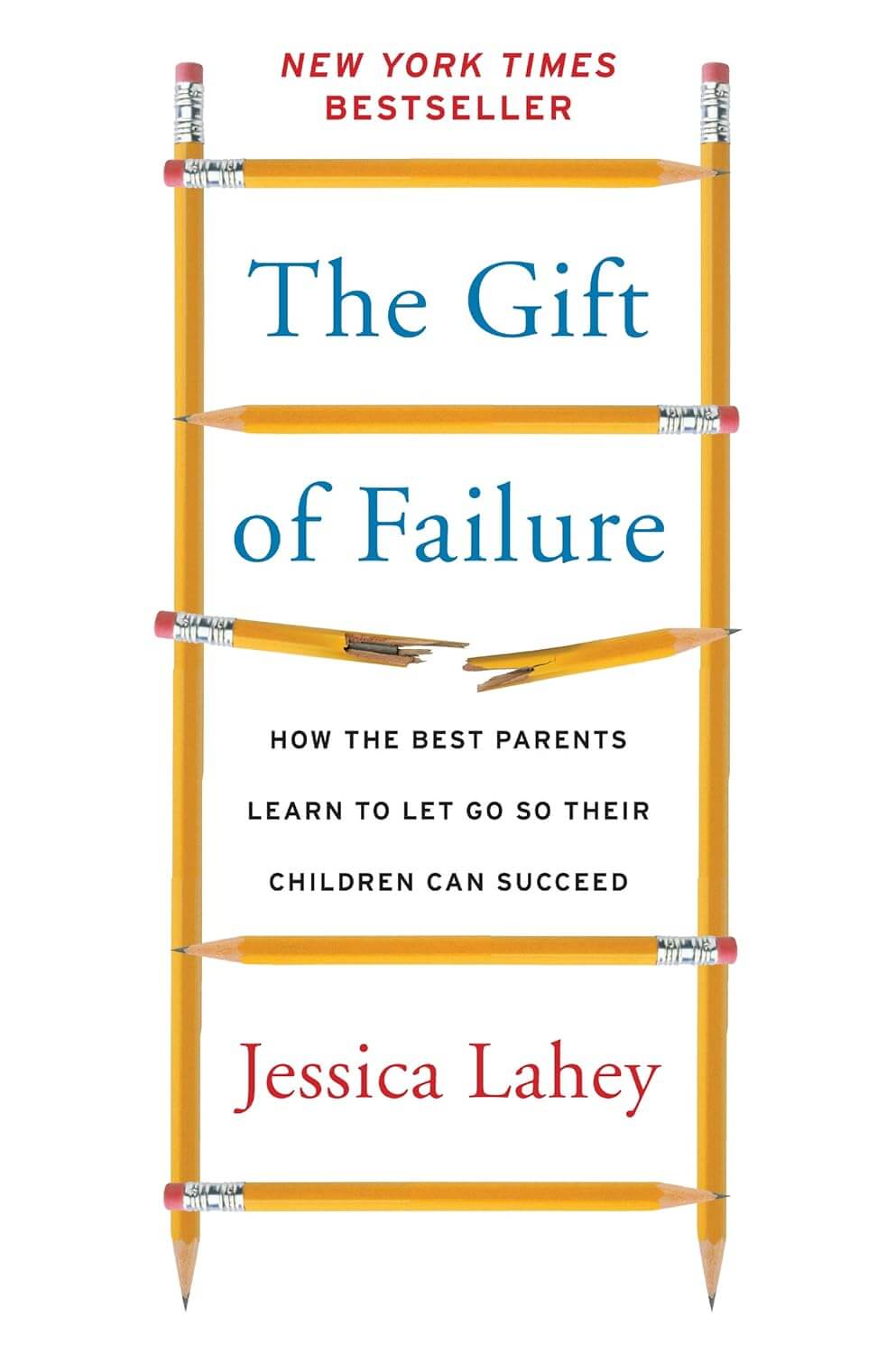
But why are readers hooked on this book? Messy Motherhood explains: “Want to raise resilient children who succeed in life? The secret is to let them fail a bit.”
Failure can be messy indeed and even more messy when parents care so much about their children winning that they go overboard protecting them from failure. A parenting book reviewer at IshMom writes, “Lahey sees overparenting as an enemy, and she’s not wrong.”
As parents, we want desperately to save our kids from the mistakes we made, but many reviewers of “The Gift of Failure” agree that saving them may be even more hurtful. Mind, Body, Green notes, “Some call it snowplow parenting or helicopter parenting, but it’s the idea that you can save your kid from hardship and strife if you just put in enough effort. Teacher and writer Jessica Lahey argues against this in her tome dedicated to the many benefits of not always getting it right.”
5. “NO BAD KIDS: Toddler Discipline Without Shame” by Janet Lansbury
Author Janet Lansbury challenges the assumption that unruly children are actually bad seeds. “No Bad Kids shifts the narrative of bad children to one that is more open, aware, and resolution oriented. Kids that act rudely towards their parents are often unheard and stressed about certain aspects of their lives,” writes Splash Learn.
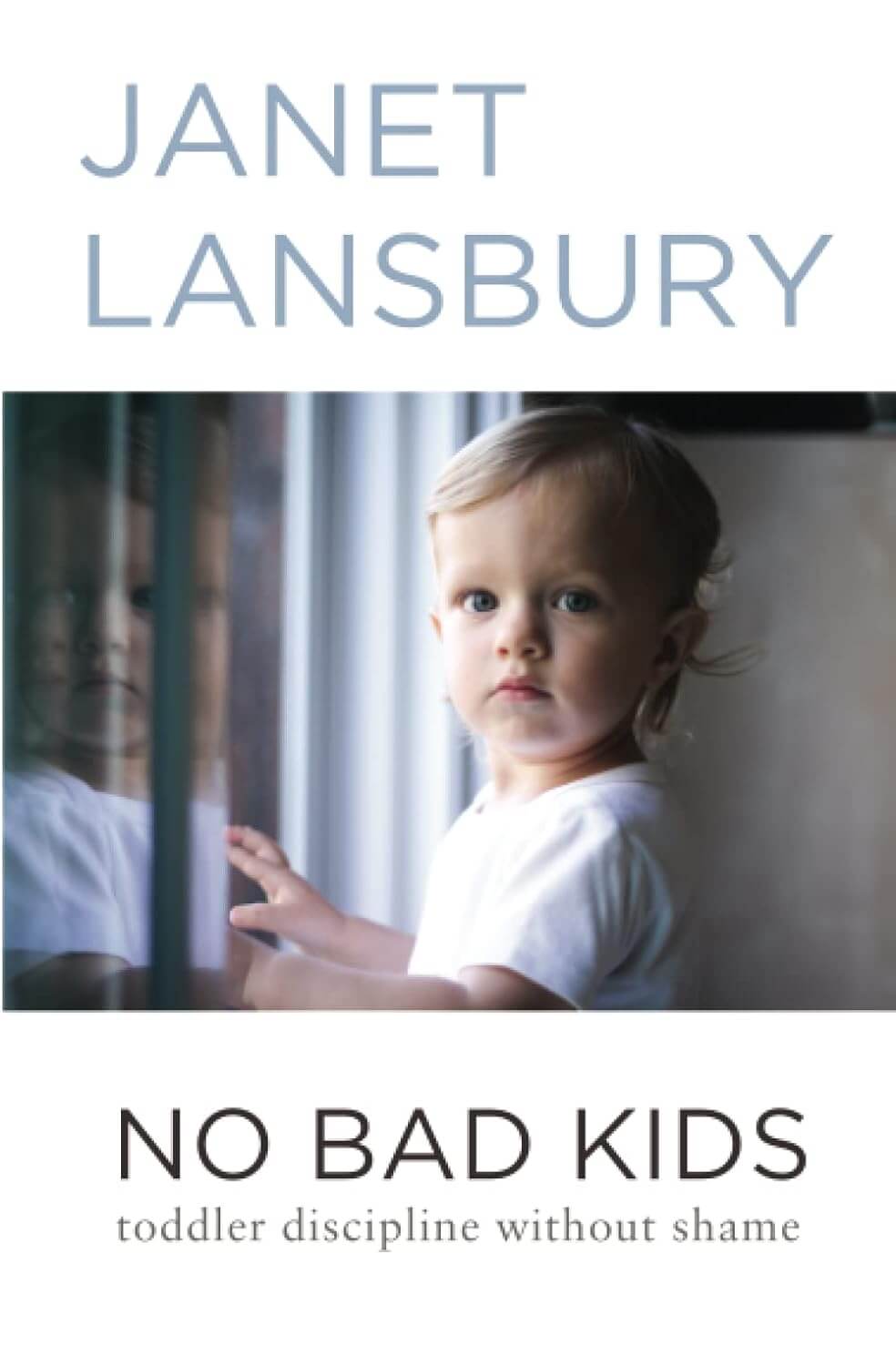
Even though the author wants parents to gain understanding and acceptance of the cranky moments in their toddler’s day, she still encourages them to punish their children for their behavior, in the most diplomatic way possible. “You don’t need to ‘respectfully’ tell your toddler to stop kicking you in the damned face, and you need to know the limits of your own patience before you let your child cross them. They’re kids, she argues, and they want to know that you’re in charge. A parent should embody, per the guru, the calm, ‘unruffled’ bearing of a CEO,” adds The Cut.
While many parents take the authoritative approach, the book asks parents to step back. “Lansbury’s approach to parenting and handling difficult situations, is that we should treat children with respect, and, whenever possible, do our best to meet them where they are. She uses respectful and caring responses to handle situations and doesn’t use the time out approach,” shares The Pragmatic Parent.
This book has more than 5,000 reviews on Amazon and nearly 10,000 votes on Goodreads. The public has spoken and approved the primary message that Lansbury uses 162 pages to share: It’s okay to punish your children without feeling guilty.
You might also be interested in:
Sources:
- The Cut
- Splash Learn
- Moving Forward
- Reading and Thinking
- The Pragmatic Parent
- Life Hack
- The Every Mom
- Mind, Body, Green
- Pregnancy Magazine
- Messy Motherhood
Note: This article was not paid for nor sponsored. StudyFinds is not connected to nor partnered with any of the brands mentioned and receives no compensation for its recommendations.
